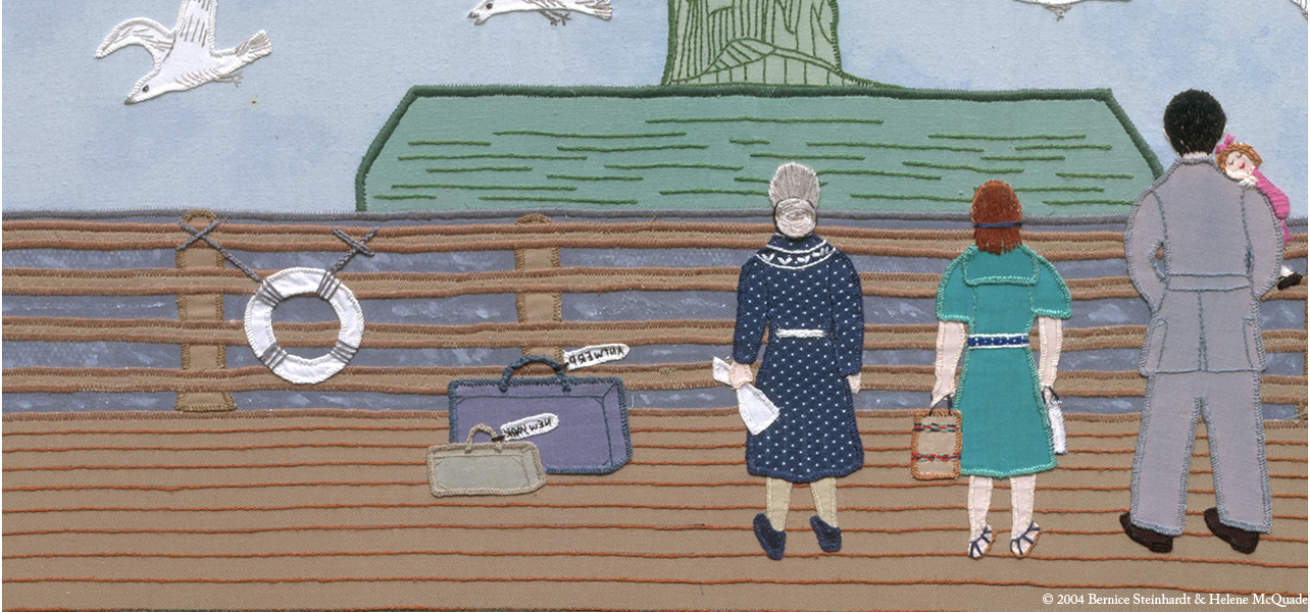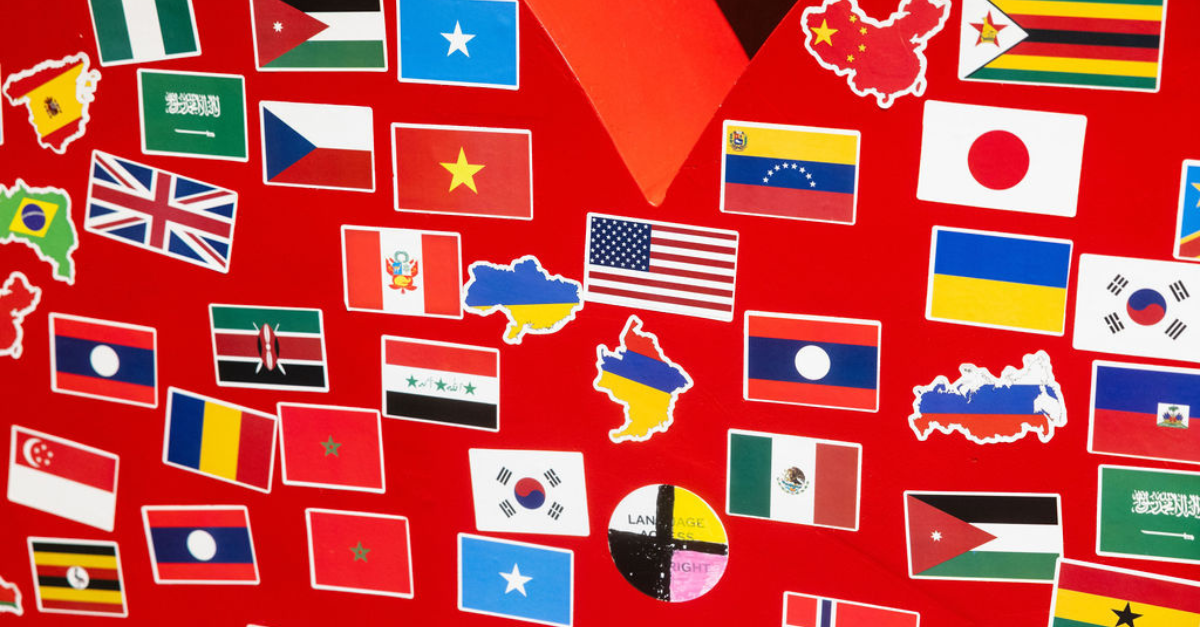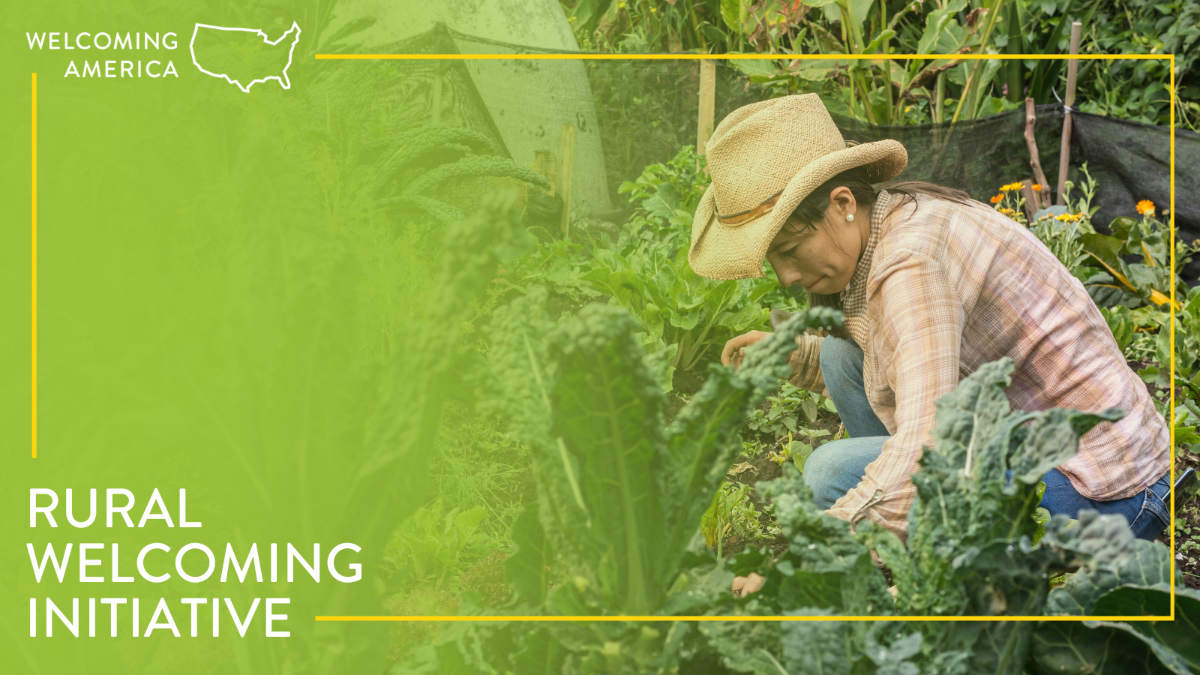
This is your America, too
Family history makes welcoming personal
In 1949, my grandparents – both Holocaust survivors who had lost not only their homes, but also nearly everyone they loved in the world – arrived in New York City to begin new lives. Of the little they brought with them, the most precious thing was my mother, not yet two years old. My grandfather’s cousin Clara greeted them, and as my mother slept in my grandfather’s arms, Clara said, “My dear child, this will be your America!”
Like so many immigrants before and after them, my grandmother eventually opened a small business, supporting the family and the tax base of her new city. My mother went on to a successful career in public service. And today, I work for Welcoming America, whose mission is to help communities reconnect with our values and recognize that immigrants and refugees make us stronger in the ways that my own family has contributed and our country has benefited – New Americans open businesses, join civic groups, and add to the cultural mosaic of communities. And this is true whether we are Jewish, Christian, Muslim, or any other religion. This is true whether we are white, black, Latino, Asian, or Arab. Our diversity and difference of perspectives and experiences is not a threat to democracy or our American identity but our greatest strength.
As the United States wrestles with whether to welcome Syrian refugees, some have compared turning our backs on those seeking refuge today to the turning away of Jews during the Holocaust. There also are those, including some in the Jewish community, who question that comparison. They are invoking the idea that Syrians, and more generally Muslims, are somehow different – less marginalized, less deserving, more likely to be prone to extremism and violence. They are, in a word, suspect.
We’ve heard claims of suspicion like these before – about people like my family as fascism took hold in Europe and again as those fleeing Hitler and other regimes sought refuge here. In fact, this ideology of suspicion and mistrust based on identity is the very ideology that most refugees are fleeing.
An ideology of suspicion is also at the heart of nearly every issue our country is grappling with today – from police accountability to abortion to, of course, immigration. By definition, issues become wedge issues when they characterized by deep divisions, and with them, a deep mistrust. And as our media and sources of information become polarized, too, the chasm grows.
We like to say that we are tackling issues, but what we should be tackling is the knot of suspicion that has tangled us up. Without relationships and dialogue, without getting to the heart of people, we will never get to the heart of the matter. Without addressing our suspicion of the “other,” we will always have a convenient scapegoat – liberal, conservative, Muslim, Latino, or ‘those racists’ – which distract from the real issue and make it nearly impossible to find common ground.
Martin Luther King, Jr., once said, “People fail to get along because they fear each other; they fear each other because they don’t know each other; they don’t know each other because they have not communicated with each other.”
This has never been truer than it is today. We have seen how the isolation and separation of immigrants and the communities that receive them were a root cause for backlash and a self-perpetuating cycle that only drives further isolation and fear – unless we intentionally break that cycle. When we intervene to build trust and relationships, we find common ground and create the building blocks for democracy of a higher order.
To get to this better place we must invest more in relationships, more on dialogue. We must spend more time calling people in than calling them out. Groups like Welcoming America, the Public Conversations Project, Intercultural Cities, Race Forward, your local human relations council, and many, many more groups already are doing this work with great success. PTAs are bringing parents of different backgrounds together. Congregations of different faiths are visiting one another. People are sharing their stories and experiences, and other people are listening.
True welcoming is more than a superficial greeting or about simply tolerating one another and co-existing. Welcoming means working together to solve our challenges, not making one another the challenge. It also is about an important choice: rather than isolate our new neighbors or ourselves, we choose to work with great intention to not only connect but share ownership of our future.
So, to all those who are living now or seek to find refuge in this country, I say: “this is your America, too.” What defines us here is not what we look like or the religion we practice but our shared sense of aspiration – that we can dream and dare to create something better than what is. And together, I know we will.



